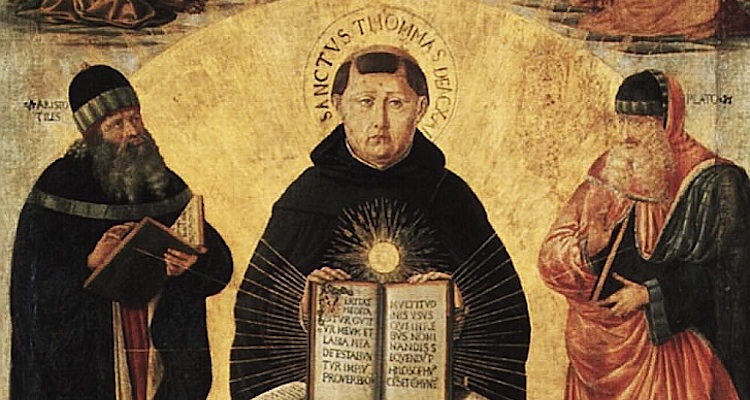Hi, Mr. History,
I’d like to ask a few questions about the early middle ages and about the Catholic Church at the time.
1- What can be described as a Lowborn? Could they be wealthy or are they dammed to be poor? Could they achieve a high position in the government or in the church?
2- Was the Bible already translated to other languages at this time? Could a Lowborn person from Siena learn how to read the Bible or was that only for the nobles?
3- Could a Lowborn person, through deeds of character, leave the status of lowborn?
Thank you very much,
Pedro
? ? ?
Dear Pedro,
The “feudal system” that we tend to impose on the Middle ages was not nearly as official to those who lived in those days as we’d like to think, because the only ideology of the time was religious, rather than social. The hierarchy as it existed and evolved over centuries of what amounted to a warriors’ protection racket over those who toiled for a living. While there certainly was a hierarchy in practice, it was not absolute and it was possible for someone of sufficient brains, talent or ambition to make the leap to a higher position. A case in point was William Marshal, a minor noble who rose to be the second most powerful man in England by winning a long succession of jousts—and taking his choice of the armor, weapons and money from the people he defeated. Another, later case, is Sir Thomas Cromwell, the son of a blacksmith, fuller and cloth merchant who managed to educate himself in law, rose to council for Cardinal Thomas Wolsey in 1529, and from there moved up in the court to become Lord Great Chamberlain to King Henry VIII on April 17, 1540 (only to fall from favor that same year, to be arrested on June 10 and to share the fate of such predecessors as Thomas More and Anne Boleyn on Tower Hill on July 28).
In practice, however, these were exceptional cases. Most peasants and a good many others of the working class did not learn to read or write, and barely managed to speak enough Latin to follow a church service. This left them very much at the mercy of the clergy for even knowing what was in the Bible, and such concepts of the Divine Right of Kings to rule, subject only to the justice dictated by the Pope, was something that the illiterate classes had to take on faith, for want of checking the Bible themselves. Although Greek, and later Latin, established themselves as universal languages for the Bible, versions in local vernacular, such as Angle-Saxon, appeared as early as the 8th century and persisted throughout Europe in spite of increasingly frequent attempts by the Papacy to ban and burn them, and even put a death penalty on publishing such books. As Europe urbanized and literacy increased, however, the legalization of biblical texts in the vernacular became inevitable.
A guide to the various medieval classes is attached.
http://www.lscacamp.org/portals/0/medieval%20people.pdf
Sincerely,

Jon Guttman
Research Director
World History
www.historynet.com
More Questions at Ask Mr. History
Don’t miss the next Ask Mr. History question! To receive notification whenever any new item is published on HistoryNet, just scroll down the column on the right and sign up for our RSS feed.





